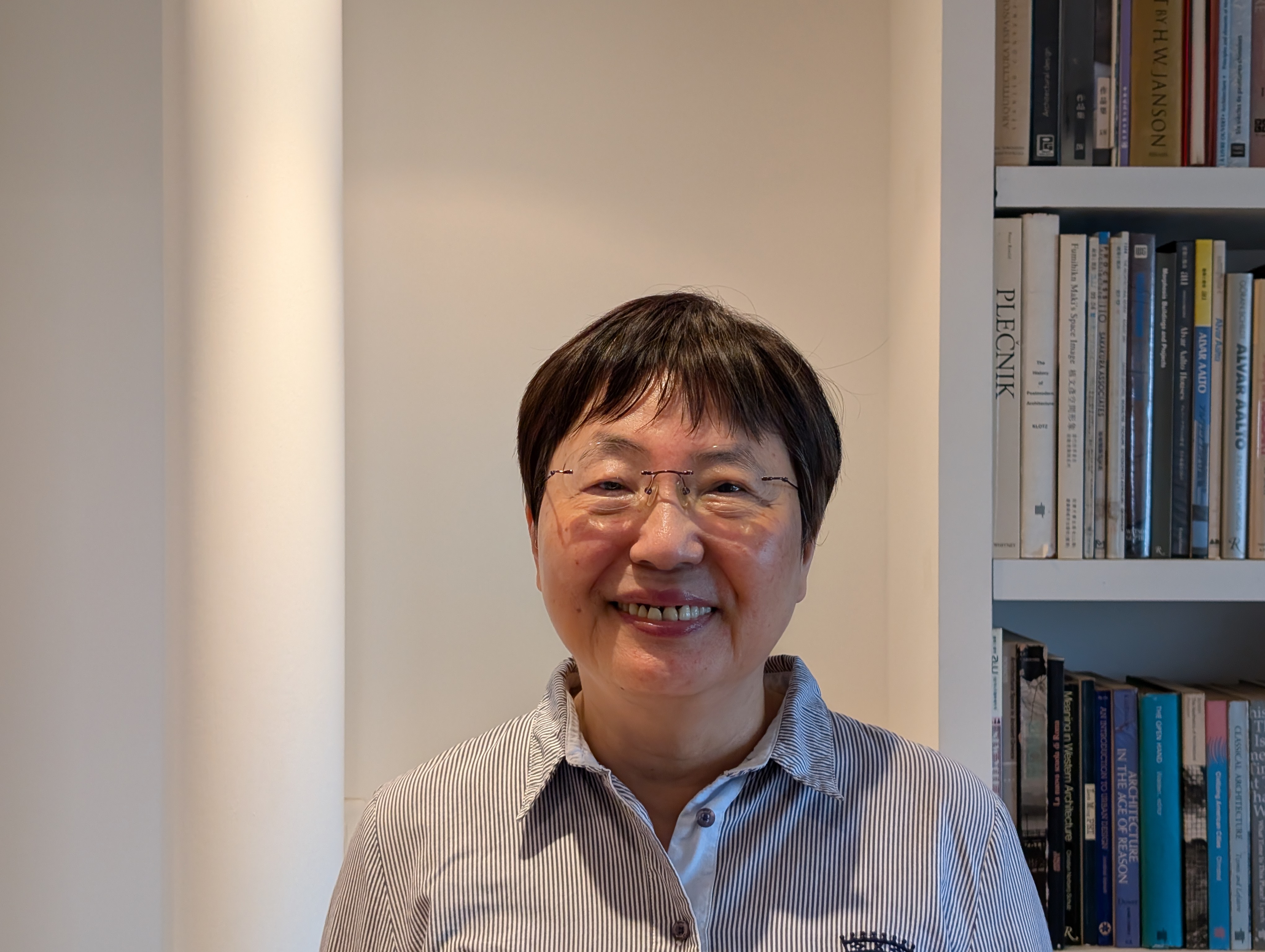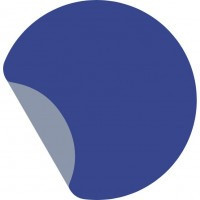【Lecture 1】Discovering French Theater and Drama
France holds a unique place in the theatre world. Back to the 17th century, French playwriting and dramatic theories have helped shape Continental theatre and continued to exert considerable influence for a century long. Adapting with the times while maintaining its heritage, the Comédie-Française, founded in 1680 thus the oldest national theatre in the world, still remains relevant today.
These three lecture series are great opportunities to discover the key milestones in the development of French theatre, along with influential playwrights, directors, and stage designers.
“French Theatre: A Kaleidoscope” explores the essence of French theatre and drama, from the Neoclassical period to the 21st century, focusing on cultural policies, theatre ecosystem, currents of mise en scène, distinctive playwrights, and influential directors from the 1950s to today.
Moliere’s L’Avare (The Miser) will be the focus of the “Reading Classic Plays” series. This has been the most popular play at Comédie-Française in the past two years. Professor Yang will guide the participants to read a classical drama. As drama is one of the four major Western literary genres, in addition to epic, novels, and proses, plays are not only meant to be presented on the theatre stage but also to be read at home. The pleasure of reading plays will be the fruit of this series of lectures.
Finally, the series of “Dramaturgs of Europe” will expound the tasks of Dramaturg on the Continent, following the concrete work of “transitioning from play analysis to stage performance” (i.e. “dramaturgy”) with remarkable productions of L’Avare as examples.
These three lecture series are independent, but interrelated, and are expected to enhance the understanding of French literary and theatrical life.
Series 1: French Theatre: A Kaleidoscope
The prominence of modern French theatre lies largely in its mises en scène. Unlike in the UK and North America, French audiences are primarily drawn by the vision and talent of the director. Professor Yang will focus on modern French theatre, covering its history, ecosystem, trends of mise en scène, cultural policies, structures of public theatres, and the crises it has faced in recent years. Then, she will introduce three major playwrights of the second half of the 20th century. The second and third lectures of this series will be devoted to the soul of modern theatre – the directors, whose constant mises en scène of classical dramas have generated new appreciations for contemporary spectators.
8/5 (Tue.): Contemporary French Drama and Theatre
In this session, we will briefly review the theatrical currents from the Neoclassical period through the 19th century, with particular focus on the founding and operational structure of Comédie-Française, the cornerstone in the history of French theatre. It will then point out the modern developments, including cultural policies, the ideals underpinning the establishment of public theatres, and the evolving tendencies in performance from the 1950s to the present. With this broad background in mind, we will learn the original writing styles of three major contemporary playwrights, Michel Vinaver, Bernard-Marie Koltès, and Jean-Luc Lagarce.
8/12 (Tue.): The Golden Age of Theatre Directors
Influential directors from 1970 to 1990 will be introduced followed by a reflection of the challenges involved in directing classic plays on contemporary stages: from Jean Vilar who founded the Avignon Festival to Roger Planchon (then director of the Théâtre National Populaire), Patrice Chéreau (then director of Théâtre Nanterre-Amandiers), Antoine Vitez (former director of Théâtre des Quartiers d'Ivry, amd Théâtre national de Chaillot, general administrator of Comédie-Française), Daniel Mesguich (former dean of the Conservatoire National Supérieur d’Art Dramatique) and Ariane Mnouchkine (director of Le Théâtre du Soleil).
8/19 (Tue.): New-Generation Directors
Dramatic changes happened in the theatre of the 21st century. This session will probe the common characteristics of new-generation directors. In particular, the works of Stéphane Braunschweig (former director of Théâtre National de Strasbourg, Théâtre National de la Colline, and Odéon-Théâtre de l’Europe); Stanislas Nordey (former director of Théâtre National de Strasbourg); Joël Pommerat (playwright-director); David Bobée (director of Théâtre du Nord); and Vincent Macaigne (avant-garde director) will be analyzed. Whether through their attitude toward the text, their interpretation, or their approach to visual design, new-generation directors express innovative aesthetics and contribute to revitalize French theatre.
Series 2: Reading Classic Plays: Moliere’s L’Avare ( Tickets are sold as a package of three sessions for NT$1,000 (including reading materials).)
Moliere is France’s most beloved classical dramatist. His popularity is reflected in the nickname given to France’s most prestigious theatre - Comédie-Française – “ House of Molière.” Since 2022, Moliere’s L’Avare has been the best-selling play at Comédie-Française, with tickets hard to come by for its performances.
After an introduction to Molière’s legendary career, as head of a theatre company, playwright, director and actor, Professor Yang will lead the participants to read closely this famous classic through her new translation. Molière’s genius as a master of comedy will be revealed at the end of lectures. Theatre scholar Michel Corvin, studying the important productions of Moliere’s plays between 1970 and 1990 in France, once said that a director could hardly call him/herself a director unless he/she had directed a play by Moliere. Bringing Moliere’s plays to the stage provides occasions for directors to expose their personal theatrical aesthetics and ideologies.
8/26 (Tue.): Reading Classic Plays: Moliere’s L’Avare, I
Starting from the meaning of “classic,” Professor Yang will pinpoint the importance of reading the classics today. Then she will explicate the neoclassical playwriting codes, following Moliere’s life, works, views on comedy and his signature performance style. The reading of Act 1 of L’Avare will cover the romance novel-like opening, the initiating dramatic action, Molière’s appropriation of lazzi from Italian commedia dell'arte, together with the subject of avarice and practice of usury in the 17th century.
9/2 (Tue.): Reading Classic Plays: Moliere’s L’Avare, II
Reading of acts 2 and 3, with analysis of the characters, theme, dialogue and comic techniques, consideration of staging, accompanied by DVD clips of outstanding mises en scène.
9/9 (Tue.): Reading Classic Plays: Moliere’s L’Avare, III
Reading of acts 4 and 5, with analysis of the plot, its climax and surrealistic denouement. In the end, the nature and purpose of laughter in Moliere’s plays will be examined.
Series 3: Dramaturgs of Continent
In recent years, a popular keyword has emerged in the fields of Western theatre research - dramaturg. In Taiwan, this term is usually translated as “drama consultant.” This and its related word “dramaturgy” originally referred to “playwriting art.” This was later extended to include playwriting theory, theatre criticism, and play analysis (referred to in mainland China as “drama composition”). The last part, play analysis, is the main task of dramaturgs, whose works should finally lead to performance. This series will elucidate the evolution of plot analysis from Bertolt Brecht onward.
9/16 (Tue.): Dramaturgs on the Continent
Professor Yang will explain the scope of work of dramaturgs in France and Germany, and examine the reasons this role holds such significance in each context. The lecture will also cover Brecht’s inspiration and influence on dramaturgy, as well as how dramaturgs contribute to the scenic realization of a project. Special attention will be given to the dramaturg’s involvement throughout the process – from play analysis to its staging.
9/23 (Tue.): The Transitioning from Play Analysis to Stage Performance: Staging L’Avare
Taking L’Avare as an example, the second session of this lecture series will explore the play’s production history, with a focus on contemporary interpretations, directorial approaches, and staging strategies. Selected video clips of notable theatrical representations will be shown for illustrations. After gaining a deeper comprehension of L’Avare in performance, this session will conclude with a concise illumination of the performance mindset behind Moliere’s most celebrated drama, Tartuffe (The Hypocrite).
【Speakers Introduction】
Lecturer|Lilly Yang
Lilly Yang received a Bachelor’s degree from National Taiwan University’s Department of Foreign Languages and Literatures, a Master’s Degree from the Department of Theatre and Drama at the University of Wisconsin in the US, and a doctorate in Theatre from Paris 8 University in France. She had taught in the Department of Foreign Languages & Literature at National Tsing Hua University and the School of Theatre at Taipei National University of the Arts. Her research interests include mise en scène, performance analysis, and French theatre. She is the author of numerous books, including Challenging the Impossible: French Theatre Director Antoine Vitez in the 1970s (2012); Reestablishing the Glory of Chaillot National Theatre: French Theatre Director Antoine Vitez in the 1980s (2017); Exploring the Profundity of Paul Claudel’s Soulier de satin (2020); and Creating Memories for the Future: French Theatre Director Antoine Vitez in the 1990s (2025). These works constitute the first in-depth scholarly monographs on Antoine Vitez. Her research on French directors of the 21st century appears in New Generation of French Theatre Directors: From Christian Schiaretti to Joel Pommerat (2014), while her research on contemporary Continental dramaturgy has been published in New Perspectives of Playwriting on the Continent (2008). She has also translated a number of plays including Selected plays of Bernard-Marie Koltès (1997); Die Zeit und das Zimmer (Time and the Room) (Botho Strauss, 2002); The Marriage de Figaro (Caron de Beaumarchais, 2021); and L’Avare (The Miser) (Moliere, 2016).

![[TPAC Campus Open Course] Discovering French Theater and Drama 主要圖片](https://backstage.tpac-taipei.org/storage/uploads/event/images/b012bf66b6fb524add7db8eab165514a.jpg)

